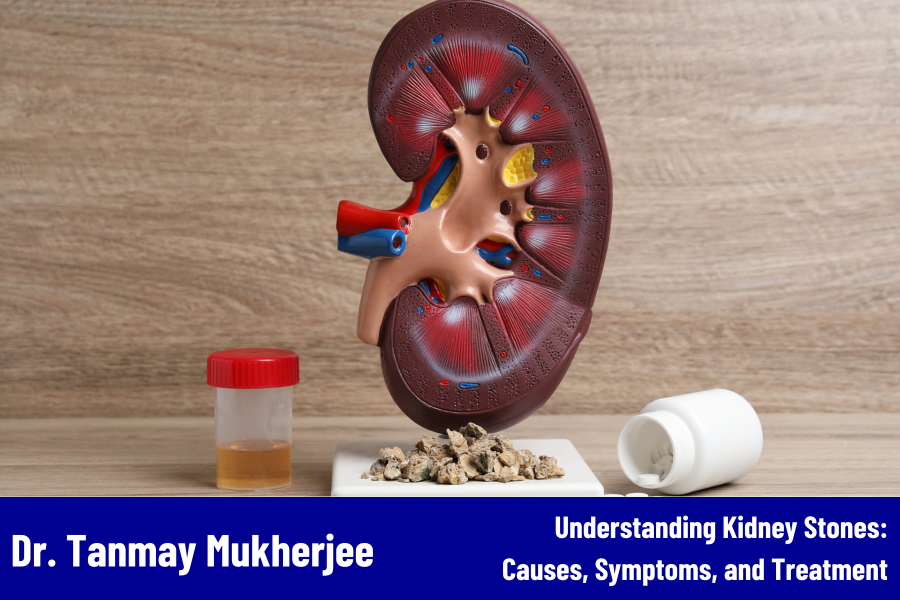Understanding Kidney Stones: Causes, Symptoms, and Treatment
10/1/20241 min read


Kidney stones are hard mineral deposits that form in the kidneys, often due to excess calcium, oxalate, or uric acid in the urine. These stones can vary in size, from tiny grains to large crystals, and may cause significant pain as they move through the urinary tract.
Causes of kidney stones include dehydration, a diet high in sodium or protein, obesity, and certain medical conditions like gout or inflammatory bowel disease. Family history also plays a role in stone formation.
Symptoms usually begin when the stone moves into the ureter. The most common signs include intense pain in the back or side, nausea, vomiting, blood in the urine, and frequent urges to urinate. If an infection develops, fever and chills may also occur.
Diagnosis is typically done through imaging tests such as CT scans or ultrasounds, which help locate the stone and determine its size.
Treatment depends on the size and type of stone. Smaller stones may pass naturally with increased water intake and pain management. Larger stones may require medical procedures like shock wave lithotripsy (SWL) or surgery to break up or remove the stone.
Kidney stones can be prevented with lifestyle changes, including drinking more water, reducing sodium intake, and following a balanced diet. For specialized treatment, consult Dr. Tanmay Mukherjee, one of the best kidney specialists in Kolkata, who offers advanced solutions for kidney stone management.
Dr. Tanmay Mukherjee
Leading Nephrologist & Renal Transplant Physician in Kolkata. With more than 15 years of experience as a top nephrologist.
Contact us
Quick links
360, Panchasayar Rd, Sahid Smirity Colony, Pancha Sayar, Kolkata, West Bengal 700094
© 2024. All rights reserved.
